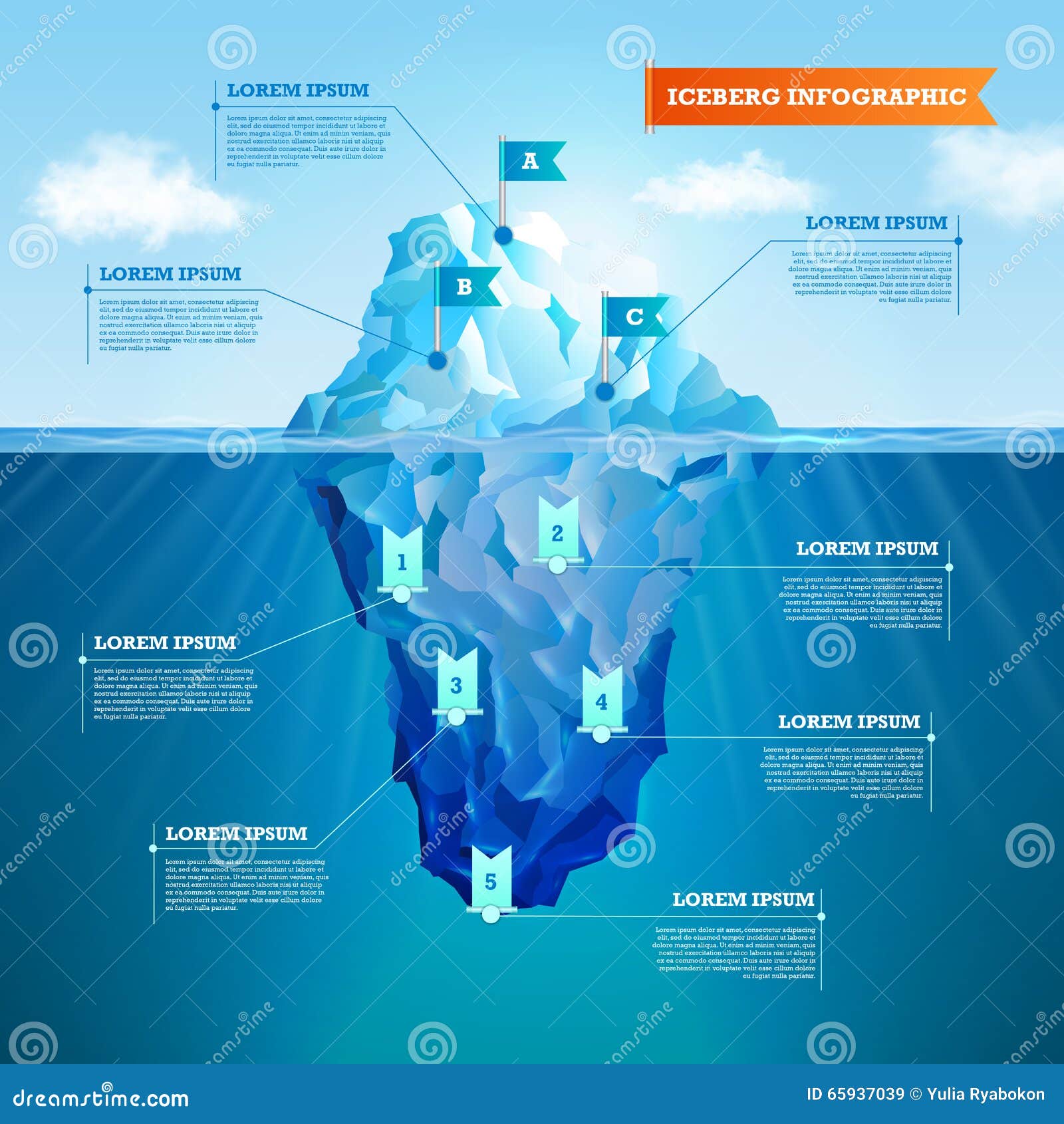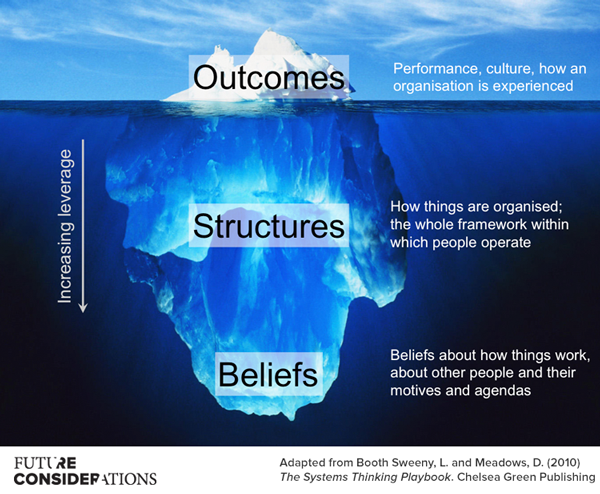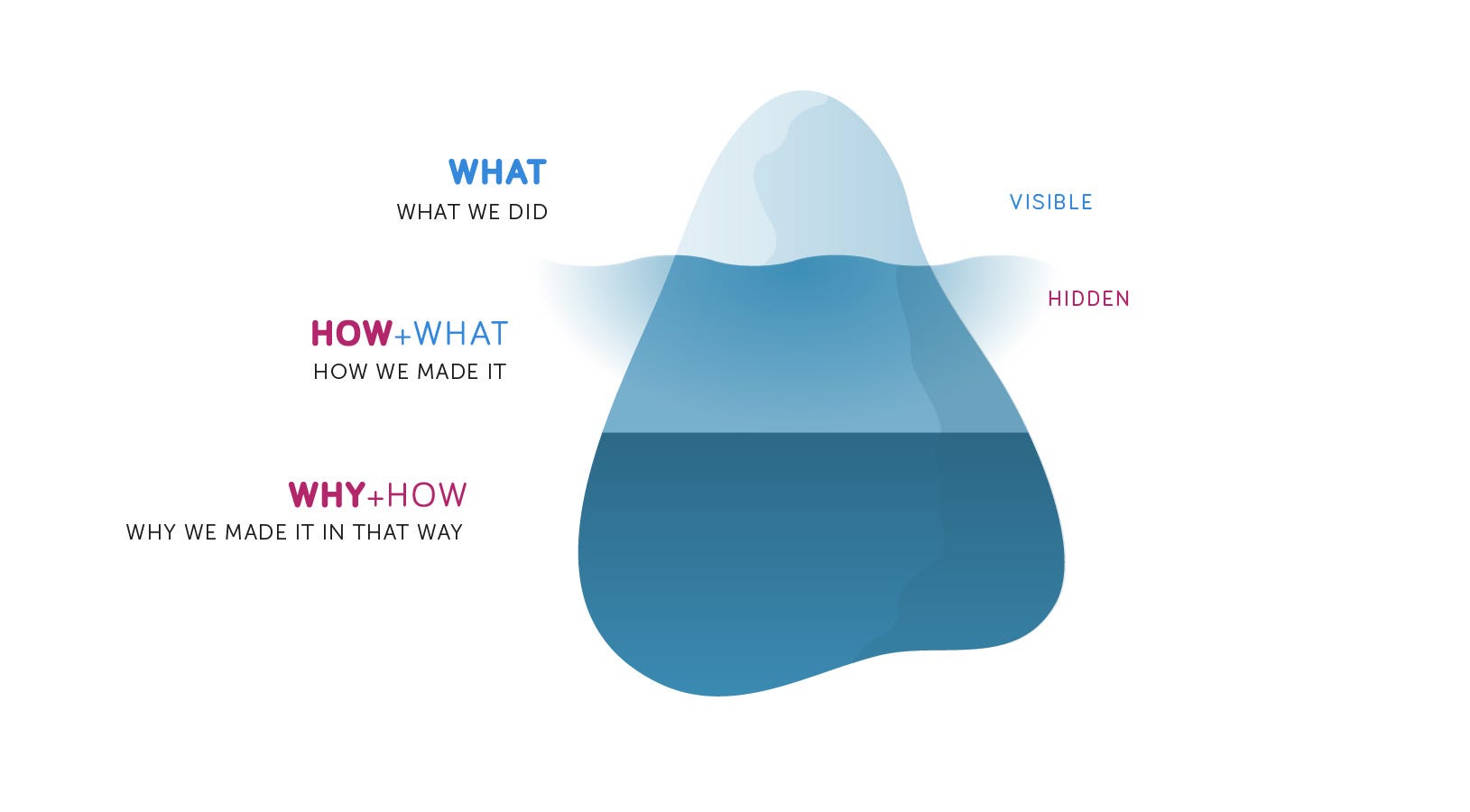

Psychological Contract', or more modestly as the psychological contract, or sensible variations of these. Where the term Psychological Contract is shown in books, articles, training materials, etc., it commonly appears as the Psychological Contract (capitalised first letters), but you might also see it in quote marks as the 'psychological contract', 'The (Organizational aims and purpose at a fundamental constitutional level have potentially deep implications within the Psychological Contract which are addressed later, notably under additional perspectives.)


Sense of the word (covered under leadership, separately). Leaders and leadership in this context refer to senior executive leaders or a chief executive, etc., not to team leaders or managers who (rightly) aspire to be leaders in the true Reflect the aims and purposes of the owners of the organization. Leadership or 'the leader' is basically seen to represent the organization, and to This article refers to 'the organization' and 'leaders' and 'leadership', which broadly are the same thing in considering and describing the Psychological Contract. This notion applies to a group of employees or a workforce, just as it may be seen applying to a single employee. Represents, in a basic sense, the obligations, rights, rewards, etc., that an employee believes he/she is 'owed' by his/her employer, in return for the employee's work and loyalty. In management, economics and HR (human resources) the term 'the Psychological Contract' commonly and somewhat loosely refers to the actual - but unwritten - expectations of an employee or workforce towards the employer.

When using these materials please adapt the spellings to suit your own situation. Please note that both UK-English and US-English spellings may appear for certain terms on this website, for example organization/organisation, behavior/behaviour, etc. Respect, compassion, trust, empathy, fairness, objectivity - qualities like these characterize the Psychological Contract, just as they characterize a civilized outlook to life as a whole. The way we define and manage the Psychological Contract, and how we understand and apply its underpinning principles in our relationships - inside and outside of work - essentially defines our humanity. This reflects its deeply significant, changing and dynamic nature. It is a hugely fertile and potentially beneficial area of study.Īt the heart of the Psychological Contract is a philosophy - not a process or a tool or a formula. Hopefully what follows will encourage you to advance the appreciationĪnd application of its important principles, in whatever way makes sense to you. The concept of 'psychological contracting' is even less well understood in other parts of society where people and organisations connect, despite its significance and potential usefulness. Unlike many traditional theories of management and behaviour, the Psychological Contract and its surrounding ideas are still quite fluid they are yet to be fully defined and understood and are far from widely recognised and used in organizations. Interestingly the theory and principles of the Psychological Contract can also be applied beyond the employment situation to human relationships and wider society. The words 'employees' or 'staff' or 'workforce' are equally appropriate in the above description.Īt a deeper level the concept becomes increasingly complex and significant in work and management - especially in change management and in large organizations.
Internet iceberg diagram full#
The Psychological Contract is usually seen from the standpoint or feelings of employees, although a full appreciation requires it to be understood from both sides. Primarily, the Psychological Contract refers to the relationship between an employer and its employees, and specifically concerns mutual expectations of inputs and outcomes. The Psychological Contract is a deep and varied concept and is open to a wide range of Many other experts have contributed ideas to the subject since then,Īnd continue to do so, either specifically focusing on the the Psychological Contract, or approaching it from a particular perspective, of which there are many. 'The Psychological Contract' is an increasingly relevant aspect of workplace relationships and wider human behaviour.ĭescriptions and definitions of the Psychological Contract first emerged in the 1960s, notably in the work of organizational and behavioural theorists Chris Argyris and Edgar Schein.


 0 kommentar(er)
0 kommentar(er)
